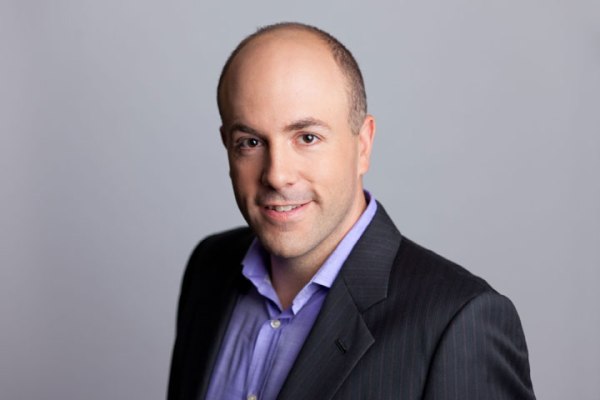It’s been a good week for Science, a five-year-old, L.A.-based startup studio that’s known for both funding nascent startups and incubating them, including FameBit, a three-year-old outfit that helps marketers connect with digital influencers and which sold on Wednesday to Google.
Science was the majority owner. FameBit was the firm’s third exit of the year, too. Science also funded the marketing agency HelloSociety, which sold to The New York Times in March for undisclosed terms, and it backed the men’s grooming company Dollar Shave Club after its founder, Michael Dubin, showed Science what would go on to become a massively viral video promoting Dollar Shave Club’s razors. (Dollar Shave Club sold to Unilever for $1 billion in cash in July.)
Financial terms of the FameBit deal weren’t disclosed, but we reached out earlier this week to Science co-founder (and former MySpace CEO) Mike Jones to talk about it and get a bit of an update on Science while we were at it. Because he was traveling, we had an email exchange.
TC: How much has Science raised in its five years? CrunchBase shows $10 million in venture capital, another $30 million in private equity and another $20 million in debt financing. Is that correct?
MJ: We don’t share that information.
TC: Does Science plan to raise more money?
MJ: Yes, we are actively fundraising now.
TC: How many companies is Science currently incubating?
MJ: We have four companies being incubated at the moment.
TC: How many of those companies have you either co-founded or backed altogether at this point?
MJ: We’ve co-founded and invested in more than 60 companies.
TC: You invest in companies off a balance sheet. What’s Science’s annual budget for startups?
MJ: We don’t share that information.
TC: At the outset, Science planned to work with larger, publicly traded companies to help them invigorate their businesses. Was FameBit part of that strategy? If not, can you point to a startup that you’ve incubated or funded that is?
MJ: Despite its purchase by Google, FameBit will remain independent, which confirms that it’s a crucial, scalable ad unit for brands and YouTube. Traditional brands [haven’t been able to fully understand] their audiences, and that’s why we’re starting to see so much M&A activity in commerce. Brands like HelloSociety, FameBit and Dollar Shave Club energize and reinforce seasoned companies, and that’s why we continue searching for similar [startups].
TC: When we last talked several years ago, Science was focused around four themes, including e-commerce systems, which obviously paid off with Dollar Shave Club. What themes you are focused around today and why?
MJ: The brands that sold this year have produced some of the most authentic customer relationships and communications in e-commerce. Companies that want to heighten their online purchasing presence are taking note of younger brands that are accomplishing this.
We’ve been a brand that has consistently identified millennial trends, and this has been a theme we’ve stuck with since our inception. Our three exits this year to companies like Unilever, The New York Times, and Google, confirm our understanding of this powerful demographic cohort. Our understanding of millennials, coupled with our approach and criteria for brand evaluation, has allowed us to analyze and establish brands that cater to their specific needs. We’ll continue operating within the thesis that millennials are the key to a brand’s future. Our main focus today is on mobile, with an eye towards millennials and how they use mobile technology.
TC: What’s the newest company you’ve funded?
MJ: Yesterday, we announced a partnership with Feldspar Studios, a digital-first animation startup, to launch a portfolio of branded animation channels and properties for the mobile generation. We’re hoping to combine our direct-to-consumer audience development with Feldspar’s prototyping and content creation to produce animations for social and mobile channels.
TC: What’s the newest company you’ve incubated?
MJ: Handstand, an app and website that brings customized fitness experiences to mobile, launched out of our L.A. tech studio six months ago. Earny is a mobile application we launched this year that helps users get money back on purchases if the price has dropped. We also recently launched Wishbone, a mobile app that’s popular with millions of teens, out of our mobile studio.
TC: What’s the longer-term vision for Science? Would you ever sell to a giant that wants to make Science its incubation arm? Do you want to take Science public?
MJ: Our main goal is to continue building the next big thing.
